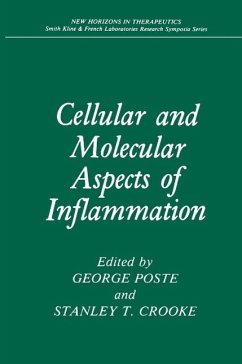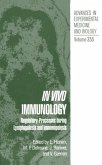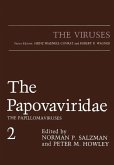The characterization of the cellular and molecular mechanisms that mediate inflammation provides a foundation that supports future studies that will de fine mechanisms more intimately. It encourages substantial optimism about the opportunities to understand the inflammatory process and to use that information to develop novel therapeutic approaches. Recent progress has defined the cells that mediate the inflammatory response, many of the inter cellular transmitters, the receptors, signal transduction processes and regula tory mechanisms. Thus, we now have the opportunity to understand inflammation in pharmacologic terms and to attack the key molecular targets to develop new therapeutics. Among the cells involved in the inflammatory response are the lympho cytes, neutrophils and endothelial cells. Maintenance of homeostasis, re sponse to proinflammatory stimuli and pathophysiologic responses are products of complex interactions between these and other elements of the immune systems. Each of these cells displays a variety of receptors to define the stimuli to which they respond. The receptors displayed that the signal transduction processes and cellular responses are regulated genetically and epigenetic ally . The critical role of membranes and particularly the phospho lipid components of the membranes is emphasized by recent studies.
Dieser Download kann aus rechtlichen Gründen nur mit Rechnungsadresse in A, B, BG, CY, CZ, D, DK, EW, E, FIN, F, GR, HR, H, IRL, I, LT, L, LR, M, NL, PL, P, R, S, SLO, SK ausgeliefert werden.









